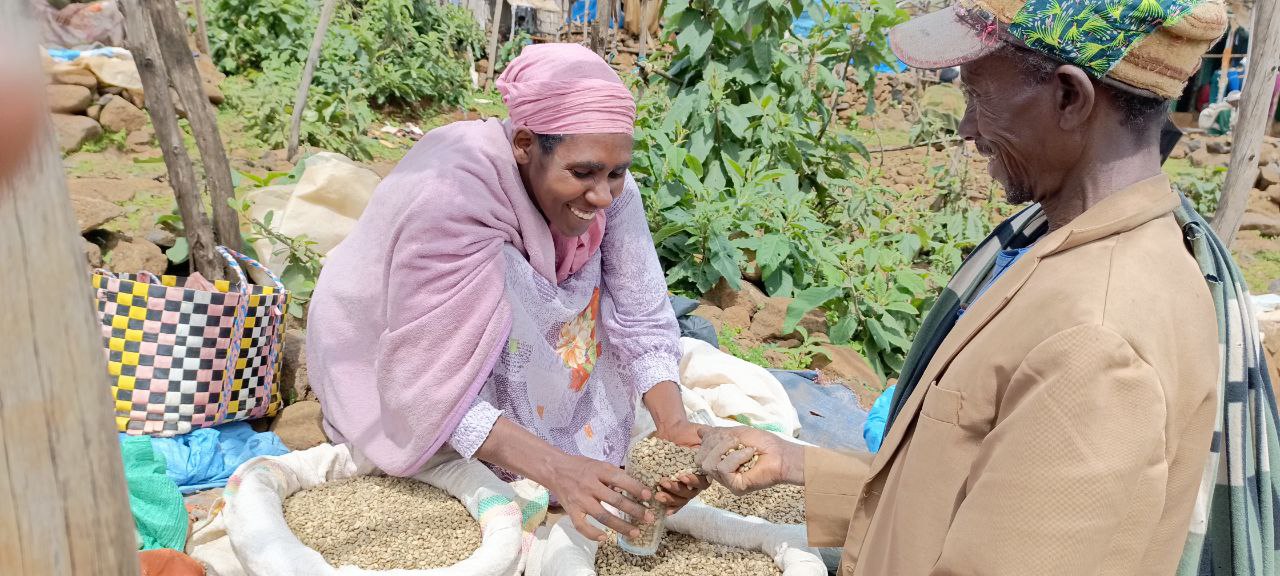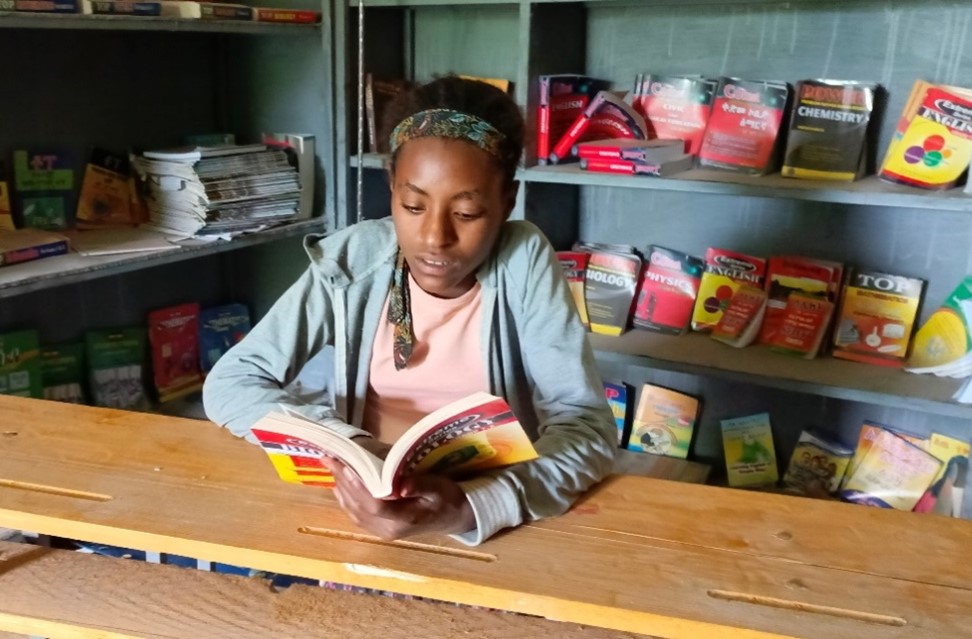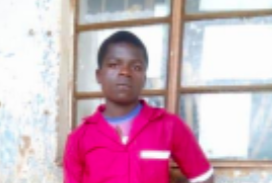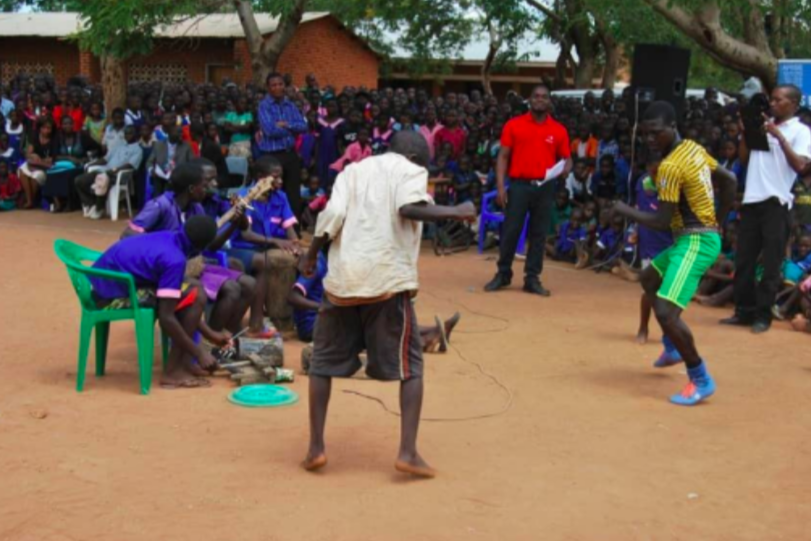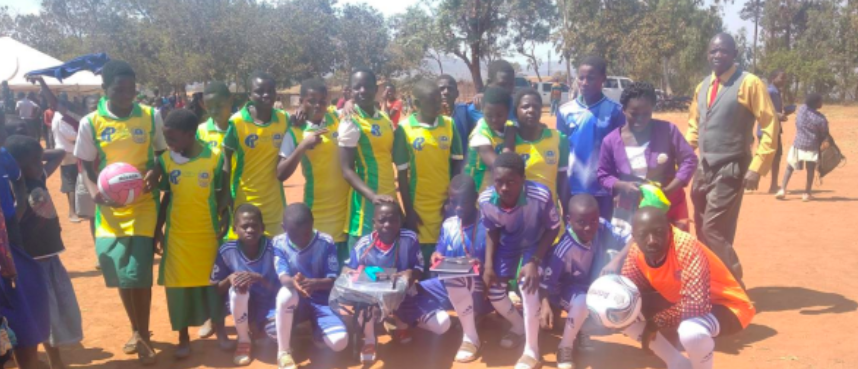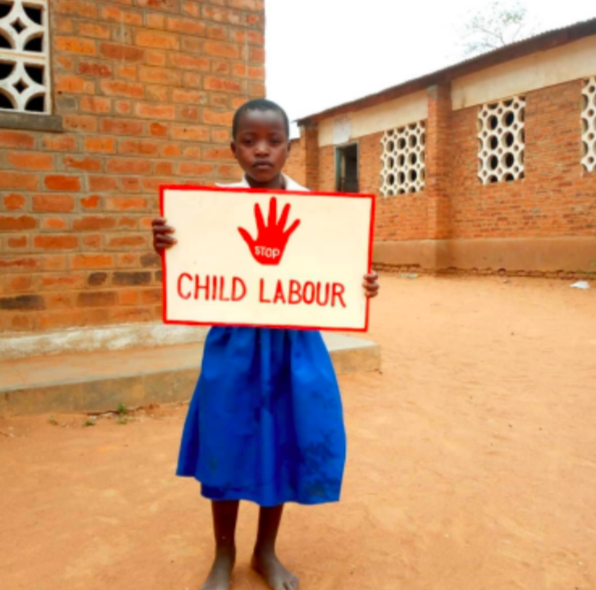Mulu Tesema’s Story
“My name is Mulu Tesema Zeleke, and I live in a small town called Mekane Eyesus in the South Gondar zone of Amhara regional state. I work as a daily labourer and am a mother to two daughters and two sons. Unfortunately, due to my financial difficulties, it has been a struggle for me to provide for my family and to buy school materials for my children.
“In 2018, the situation became bad, and I was unable to send all my children to school because of financial limitations. As a result, one of my sons, Silabat Mitiku, had to work as a domestic servant for my aunt, even though he was only 11 years old. I had no other choice at the time, but it broke my heart to send him away. I even considered sending my other children to work in domestic or farm activities.
“In 2019, I was fortunate enough to join the child labour free zone (CLFZ) project of WCAT, which aims to help people like me generate income. The project provided me with business training and ETB 5,000 (Ethiopian birr) (about EUR 80) as start-up capital. I used the money to buy three sheep and started breeding them. Whenever they had lambs, I sold them at the local market to earn money for my family.
“Thanks to the project, I now have seven sheep with three lambs, and they are worth ETB 33,000 (EUR 530). Although I still work as a daily labourer, the project has helped me earn additional income to cover my family’s needs and educational costs.
“One of the most important benefits of the project was that my son Silabat was finally able to return to live with us and resume his education. He is now attending Grade 4, and I am proud that I could provide for my family and send all my children to school. WCAT’s CLFZ project has been a blessing for me and my children, helping them claim their right to education and avoid child labour.”
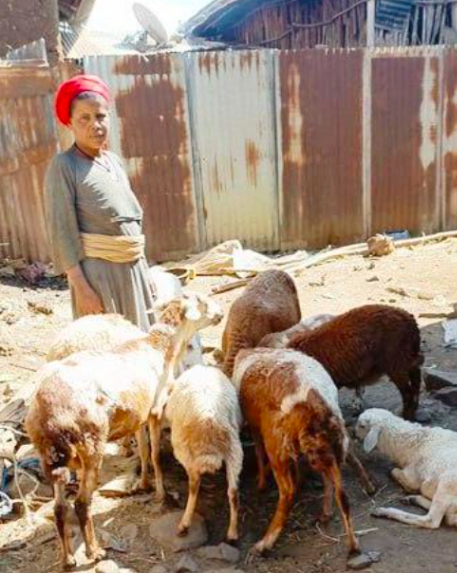
Genet Asnakew’s story
“My name is Genet Asnakew, and I am one of the beneficiaries of the income-generating activities in WCAT’s CLFZ project. I live in Mekane Eyesus town, South Gondar zone, Amhara region, and have three daughters. Currently, I am engaged in small-scale trading and previously took out a private loan from a microfinance institution with a monthly interest rate of 10 per cent. I could not get a loan from a bank since I could not fulfil the loan requirements and had no guarantee.
“To start with, I used the loan to purchase coffee beans from wholesalers and retailed them at different marketplaces on market days. While I did manage to make some profit, most of this went on paying off the interest on the loan, leaving me with less than 40 per cent of my profit to cover my family’s needs. Due to this, it was challenging for me to meet my basic needs, and I was unable to cover my children’s educational expenses, which put them at risk of dropping out of school.
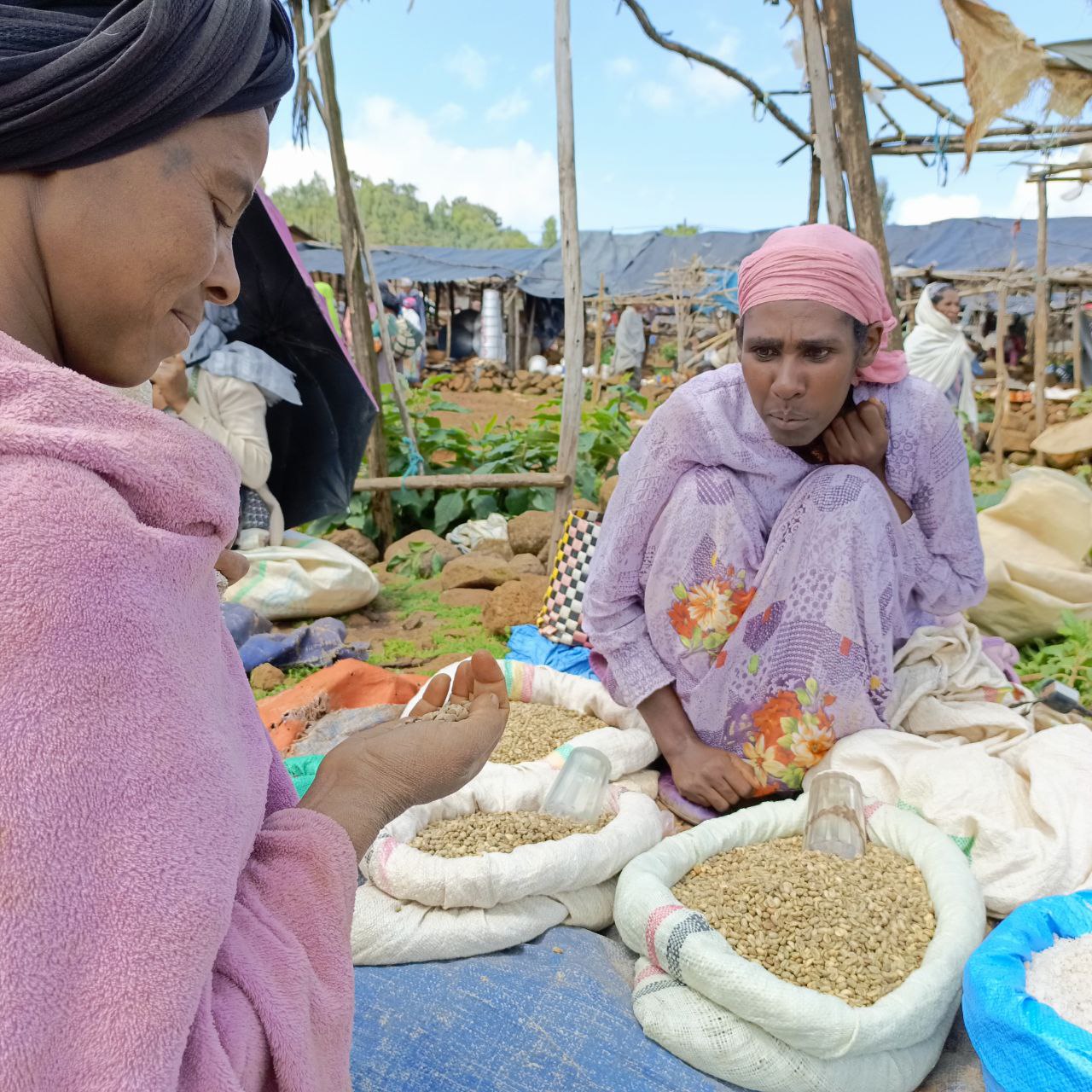
“Fortunately, in 2019, the village community care coalition [a community-based social support system in Ethiopia] selected me to participate in the income-generating scheme in the CLFZ project. The project provided me with ETB 4,000 (EUR 65) as start-up capital and trained me in entrepreneurship and business skills to make my trading more effective. With the money from the project, I was able to pay off my private loan and continue my trading, using all of my profits to cover the needs of my family. This enabled me to keep my children in school by meeting their school uniform and educational materials expenses.
“In total, I made a net profit of ETB 10,000 (EUR 160). Without the income-generating scheme in the WCAT CLFZ project, my daughters would have been forced to migrate to another town or city to work in hotels, putting them at risk. Thanks to the project, I became financially stable and could take care of my daughters’ needs and keep them in school. I would like to ask the project to provide more economic empowerment opportunities for vulnerable mothers so that their children can be protected from all forms of child labour.”

